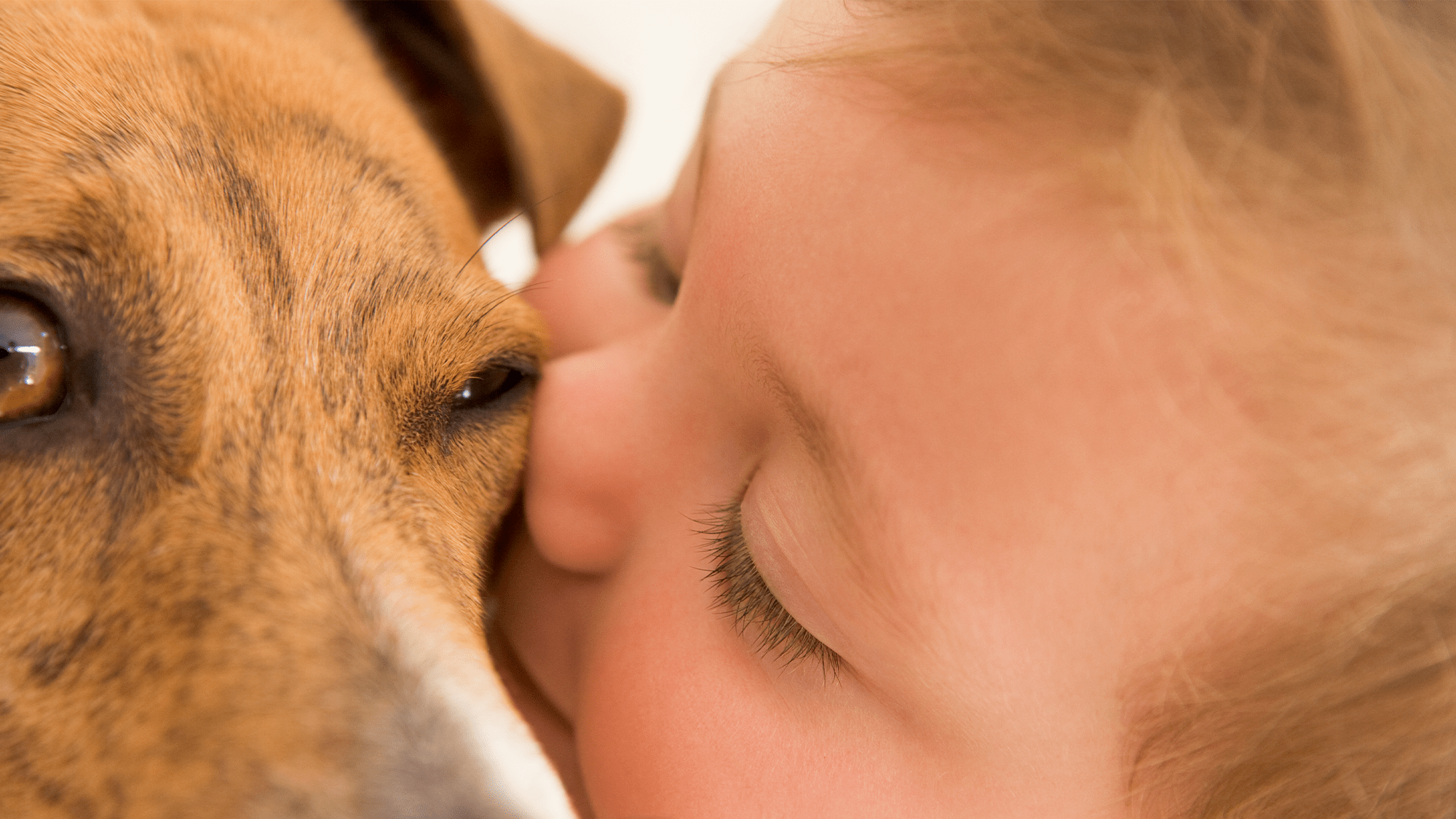

Food allergies were scarcely reported during the first half of the 20th century. Nowadays, sensitivity to foods like nuts and eggs affect an estimated eight percent of children in the United States. That’s one in 13 children or two students per classroom, according to the Centers for Disease Control and Prevention.
More than one in 10 children are diagnosed every year across some high income countries, and earlier research has suggested a possible link between animal exposure during pregnancy and early childhood may reduce food allergies.
Now, an analysis over more than 65,000 infants in Japan found that children exposed to pet cats or indoor dogs during fetal development or early infancy tended to have fewer food allergies compared to other children. The findings were modest (13 to 16 percent less likely to developing food allergies), but had statistical significance and were published March 29 in the open-access journal PLOS ONE.
[Related from PopSci+: Children are grimy, and that’s (mostly) ok.]
The study did not determine if the link between pet exposure and food allergies is causative, since another factor associated with pet ownership could be causing the association.
Hisao Okabe from the Fukushima Regional Center for the Japan Environment and Children’s Study, Japan and team used data from a nationwide prospective birth cohort study called the Japan Environment and Children’s Study. They used the available data on 66,215 children who had exposure to various pets and food allergies.
During the fetal period, about 22 percent were exposed to pets, most commonly indoor dogs and cats. Among the children exposed to these family pets, the chance of developing a food allergy was lowered by about 14 percent. However, the team did not find a significant difference for children in households with outdoor dogs—the results were more robust with indoor dogs.
The children exposed to indoor dogs were less likely to develop egg, milk, and nut allergies. Children exposed to cats were less likely to have egg, wheat, and soybean allergies.
Somewhat surprisingly, the children exposed to hamsters (0.9 percent of the total group studied) showed a 93 percent greater incidence of nut allergies. Since the group that had hamsters was so small, it could be a statistical fluke, but it still jumped out at the team.
Some of the limitations of this study include self reported data (usually from medical records obtained at doctor’s visits), which relies on accurate recall from participants.
The authors suggest that their results could help guide more research into what is causing childhood food allergies and the hygiene hypothesis. Dating back to 1989, with even deeper theoretical roots in the nineteenth century, this hypothesis proposes that exposure to germs and some infections during childhood helps the immune system develop. The exposure teaches the body to tell the difference between harmless substances from the ones that might trigger a reaction like asthma. In theory, exposure to certain germs teaches the immune system not to overreact, according to the Mayo Clinic.
[Related: This pseudoscience movement wants to wipe germs from existence.]
“Whatever it is that’s happening in the modern world, it’s causing the immune system to be active when it doesn’t need to be,” microbiologist Graham Rook of University College London told PopSci in an interview last year.
Rook noted that the hygiene hypothesis has its flaws—some viral infections, such as RSV, can trigger asthma, not prevent it. Additionally, a large body of research now blames changes in the human microbiome, not a dearth of childhood infection, for at least some of the sharp rise in chronic diseases.
